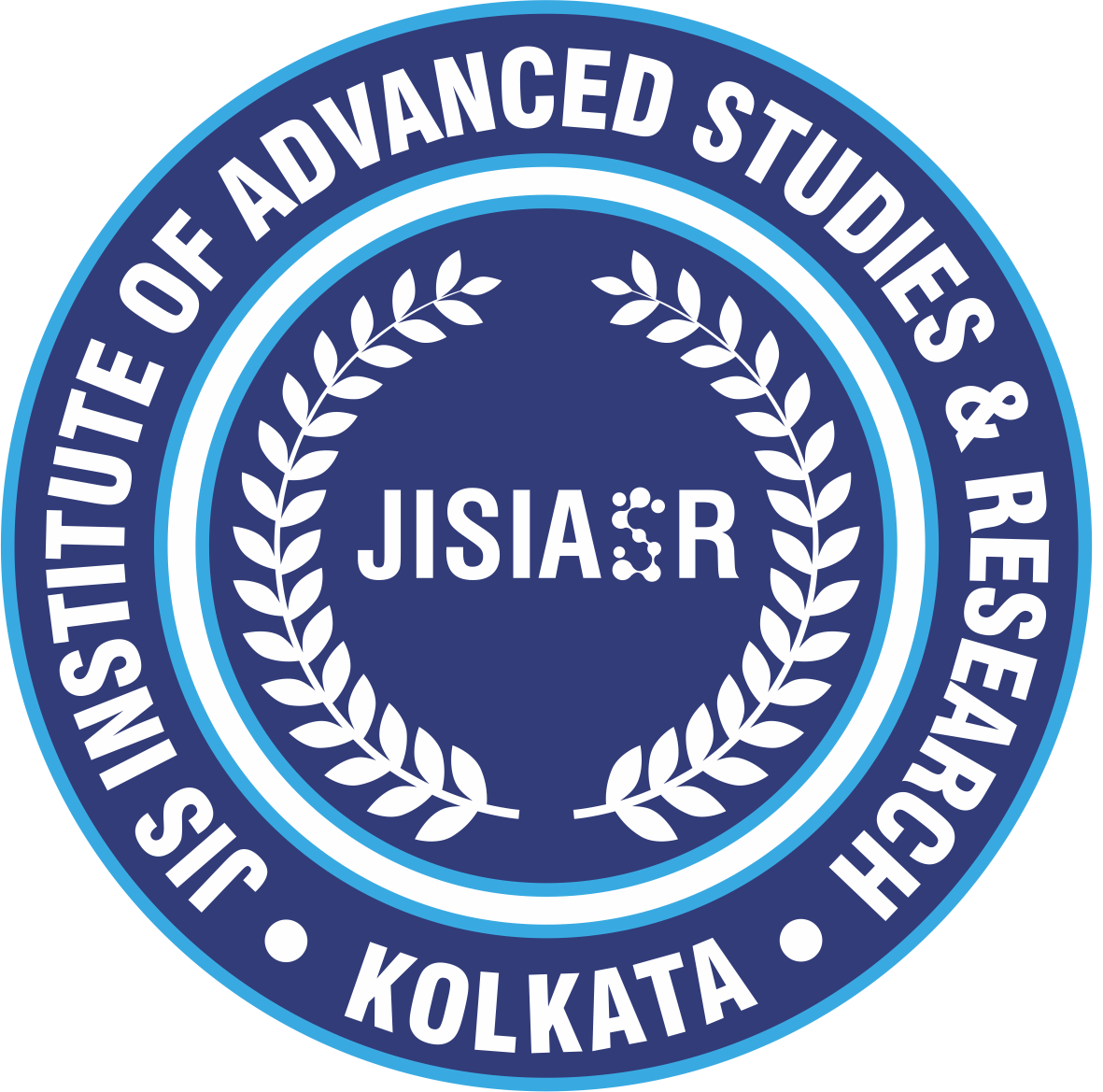- Leishmaniasis encompasses a spectrum of clinical syndromes depending upon parasite species and host immune response. Visceral leishmaniasis (VL) or kala-azar, an emerging infectious disease, is endemic in parts of India, and fatal, if left untreated.
- As yet, there are no vaccines against this neglected disease of poverty.We have evaluated induction of protective immunity by Leishmania-antigens encapsulated in liposomes in mice models of VL. Development of live vaccines against cutaneous leishmaniasis has also been assessed.
- In the absence of vaccines, chemotherapy remains the mainstay for treatment. Mounting drug resistance and other side effects coupled with surging threat of animal reservoirs, relapse in the form of post kala-azar dermal leishmaniasis and, HIV co-infection call for alternate immunoprophylactic measures. Aimed in this direction, we are assessing the therapeutic efficacy of herbal drugs as promising alternative to conventional regimen.
- Strategies need to be explored for optimal bioavailability and therapeutic efficacy of these natural compounds enabling them to induce Th1-promoting anti-leishmanial immunity. We have created an array of functional nanoforms that may have implications in designing nanomedicines against VL.
- Epigenetic modifications provide a potential link to gene expression changes that may be involved in the pathogenesis of various diseases. We aim to explore the epigenetic changes induced in disease states, which may lead to new therapeutic interventions with drugs targeting the epigenetic engines.
- Tel: (+91) 9874375544
- Email: info@jisiasr.org


